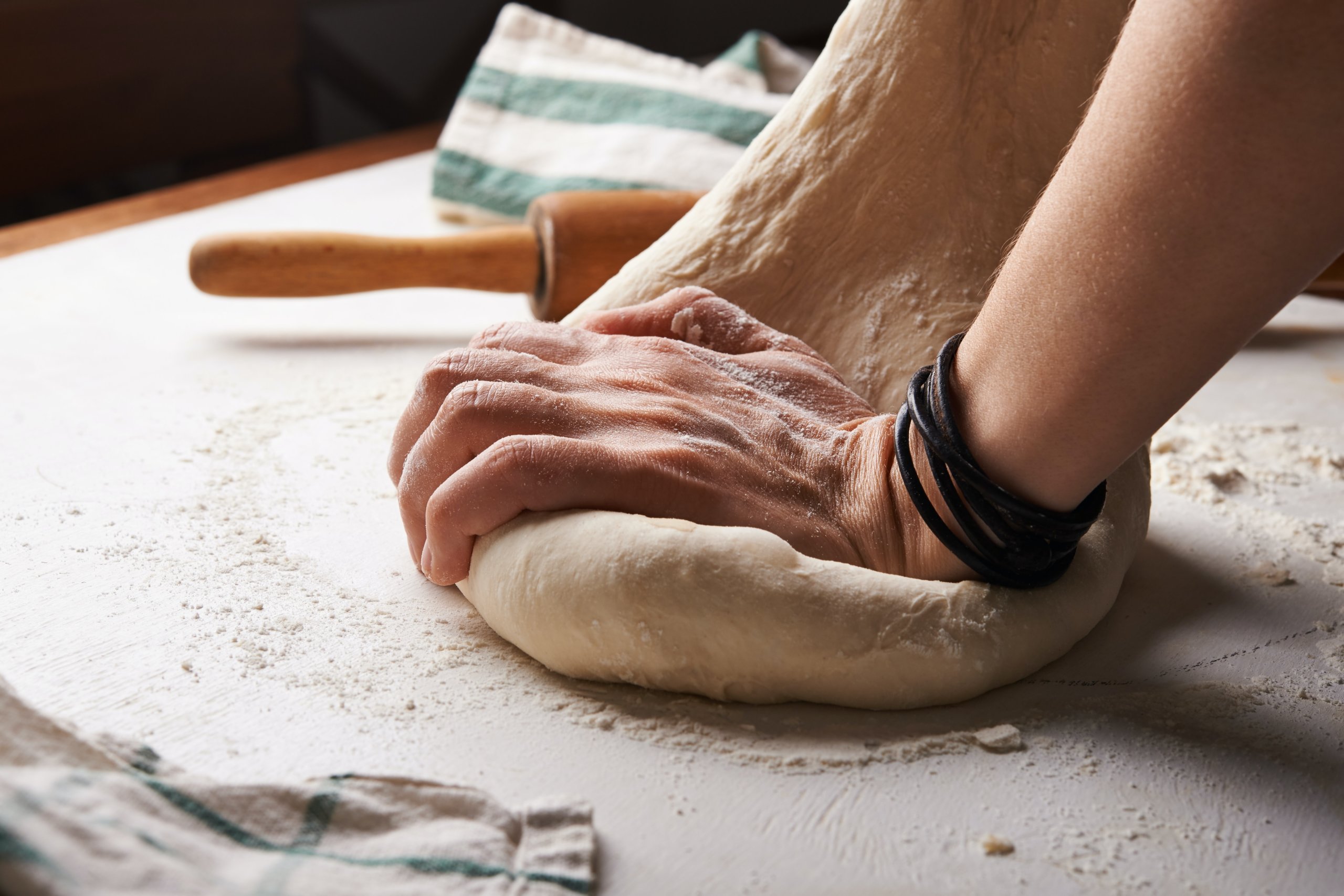It makes good sense to wait with purpose
Books, blogs, articles, and sermons are popular when they discuss the second coming of Christ. Why do we take so much interest in something that Jesus said we would never know or be able to anticipate? Jesus said, “Therefore you also must be ready, for the Son of Man is coming at an hour you do not expect” (Matthew 24:44). He could come right now while you enjoy a second cup of coffee and read this blog post.
James had no way of knowing God’s people would still be waiting more than 2000 years later when he told his church, “Be patient, therefore, brothers, until the coming of the Lord. See how the farmer waits for the precious fruit of the earth, being patient about it, until it receives the early and the late rains. You also, be patient. Establish your hearts, for the coming of the Lord is at hand” (James 5:7–8).
The tulip bulbs I planted last winter are a beautiful reminder to me that, here in Texas, Spring has arrived. When I planted those bulbs, I had no way of knowing when they would bloom. When a farmer plants his crops, he doesn’t know the exact day to schedule the harvest. We can put bulbs and seeds in the ground, but it is up to God to bring the rains, control the winds, and produce the miracle from a tiny seed that turns into something amazing and able to feed our souls and bodies.
Our job is to wait on God’s timing, but we wait with purpose. Weeds need to be pulled and branches trimmed. There are places to step and places to avoid stepping. If God doesn’t send the rain, we must provide water from another source. We wait on God’s timing, but we have work to do while we wait.
We are called to wait with his good purpose
We don’t know when the Lord will return, but James tells us how to wait until that time. The Lord may return for every believer in the world this afternoon. The Lord will most certainly return for several believers today as they pass from this life to eternity. Jesus told the thief on the cross, “Today you will be with me in paradise” (Luke 23:43). The word “today” meant “today” or immediately.
James taught his people to wait with the character of Jesus as we wait to see the face of Jesus. James wrote, “Do not grumble against one another, brothers, so that you may not be judged; behold the Judge is standing at the door” (James 5:9). I’ve often wondered how many words I would have kept to myself if I had thought of this verse first! James taught us to walk through this life as if Jesus were close by, listening to every word . . because he is.
James also reminded us about the patience of Job, a man who suffered the worst things this earthly life can subject a person to. He didn’t enjoy his suffering, but he held onto his steadfast faith, which promised a future life with God filled with joy and hope. Job understood that the Lord was compassionate and merciful (James 5:11). James taught his church that it is common sense to rely on the promises of our faith during the worst of times because our steadfast faith will keep us from grumbling about things. If we walk in faith, even the most difficult times can produce a godly witness that will be eternally blessed.
Our word can be our bond
James wrote, “Above all . . .do not swear, either by heaven or earth or by any other oath but let your “yes” be yes and your “no” be no, so that you may not fall under condemnation.” It always felt like James 5:12 was out of place or an afterthought verse, but James, after the previous verses, says, “Above all.” James was likely referring to the oaths that were considered the verbal contracts of the day.
I like to think of James 5:12 as a summary of his entire letter. From the beginning, he has offered common-sense Christianity. James is a practical letter about how a Christian can live carefully and faithfully. In some ways, James 5:12 could be an umbrella of common sense for the entire letter.
- Chapter 1: There are trials in this life, and we ought not to be tossed about. Our steadfast faith in God should hold us firm, and our actions, especially during tough times, should show others that we don’t just know God’s word; we believe it.
- Chapter 2: We should be careful to love everyone like God loves, without partiality, because we know we cannot judge anyone else’s character. Our job is to live with the character of Christ so that our faith is not just words we confess but something our daily actions prove we trust and believe.
- Chapter 3: If we allow God to be Lord of our words, he can also be Lord of our actions. The tongue is a powerful rudder that tends also to steer our actions. If we receive the wisdom from above, we can then know and speak that wisdom to others. Our character can display the character of Christ if we will wisely live with that priority.
- Chapter 4: We can live for the world and like the world. We can define success by the world’s standards. Or we can live our eternal lives daily as our highest priority.
- Chapter 5: We can sacrifice our eternal treasure for the treasures of this world and claw our way to the top of earth’s ladder. Or, we can endure this life with steadfast faith in the hope of heaven. In humility, we can claw our way to the foot of the cross and choose to be more like Jesus.
And “above all” or overall, as James has taught in this amazing letter, we can make sure we are known as people who speak the truth of God all the time. Every lesson we teach and every action we take can be trusted because people know we are God’s children and we live truthful, faithful lives. Our “yes” and our “no” can be trusted.
What is your “prayer of faith”?
James closes his common-sense letter about faithful living by speaking about prayer (James 5:13–20). To summarize his words: In good times and bad, in sickness and health, in the sinful times and during your righteous days, confess, pray, and trust the power of your faith to carry you through every circumstance of this life.
When someone wanders from the truth, “bring him back.” Pray fervently for everyone because there is no greater use of our time than to “save a soul from death” because the salvation of even one person will cover a multitude of sins.
The single most important reason to live a “Common-sense Christian” witness is that every person who God calls us to influence might be led to seek a saving faith in Jesus Christ as their Lord and Savior.
It’s the Lent season, a perfect time to carefully influence others with our faithful observance of all Easter means to our faith. Let’s be careful to live with humble gratitude for God’s Easter gift. Jesus died to pay for every sin. Jesus rose again as the living example of God’s power over death.
Living wisely and carefully with James’ words in our hearts makes good practical sense. The sermon our life preaches may bring someone to church on Easter Sunday. How many sins could be erased if God’s people steadfastly lived as James taught?
“Above all,” let our words be true and our character Christ-like. Truth is a powerful witness, and its rewards are often eternal. May our common-sense Christianity be a sacrificial gift to Jesus this Easter.
As we wait for his return, it makes good sense to wait with that purpose.



